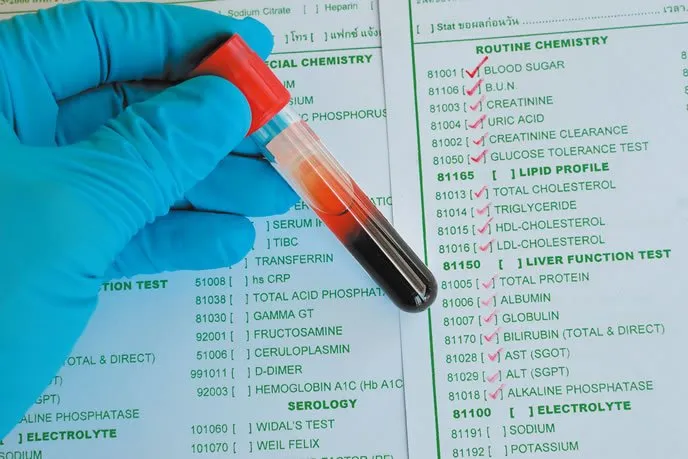You roll up your sleeve and give a few samples of blood. A few weeks later youre given a lab report with a long list of measurements. In between the familiar markers, such as glucose, calcium and cholesterol, is an alphabet soup of abbreviations, like BUN and GFR. It can seem a little confusing, but all those words and letters, and the number results next to them, help paint a picture of your overall health. Understand that your blood helps provide oxygen and nutrients to your organs, muscles and other tissue, while also helping to remove waste products. So your lab results are essentially a checkup on how your organs are functioning, as well as a check on your risk for cardiovascular disease, diabetes and some other conditions.If youre basically healthy, you can probably have blood work done every two to three years, says Deborah Kwon, MD, a cardiologist in the Section of Cardiovascular Imaging at Cleveland Clinic. But if you have coronary artery disease (CAD), or risk factors for it, you should probably have it done once a year.
To continue reading this article or issue you must be a paid subscriber.
Sign in






